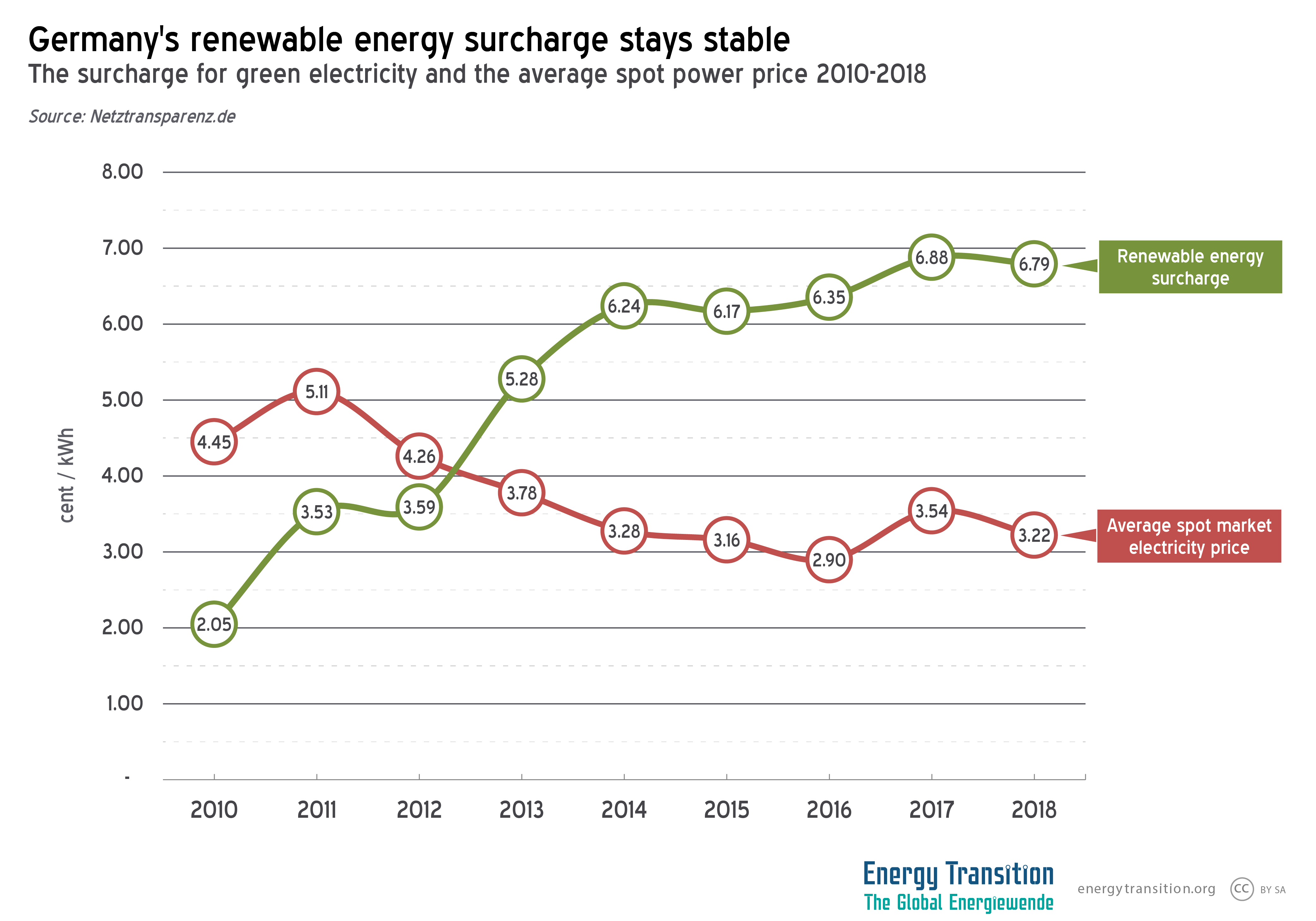German Renewable Energy Boost: PNE Group Awarded Permits For Wind And PV Projects

Table of Contents
PNE Group's Successful Permit Applications
PNE Group, a leading German developer of wind and solar energy projects, plays a crucial role in the country's energy transition. Their expertise in project development, financing, and construction makes them a key player in the expansion of renewable energy capacity. The company has recently secured permits for a significant number of wind and solar projects across several German regions. These projects represent a combined capacity of over 500 MW (wind) and 200 MWp (PV), representing a considerable leap forward for German renewable energy production.
-
Specific Project Locations: Permits have been granted for wind farms in Lower Saxony, Brandenburg, and Mecklenburg-Vorpommern, along with several large-scale PV projects in Bavaria and Baden-Württemberg. Specific project names, subject to confidentiality agreements, will be released at a later date.
-
Project Details:
- Wind Energy: The wind farms will utilize a mix of onshore wind turbines, including models from leading manufacturers like Vestas and Siemens Gamesa. The turbines will range in capacity from 3 MW to 5 MW each.
- Solar Energy: The PV projects will employ high-efficiency monocrystalline silicon solar panels, designed for optimal energy generation even in less-than-ideal conditions.
-
Expected Energy Generation: The combined projects are expected to generate approximately 1.5 billion kilowatt-hours (kWh) of clean electricity annually, significantly reducing reliance on fossil fuels.
Impact on Germany's Renewable Energy Goals
Germany has set ambitious targets for renewable energy, aiming for a significant percentage (currently 80% by 2030) of its electricity from renewable sources. These newly permitted projects make a substantial contribution to achieving these targets. The increased renewable energy capacity will directly translate into a significant reduction in greenhouse gas emissions, contributing to Germany's climate protection goals.
-
Government Support: Government policies, including the Renewable Energy Sources Act (EEG), provide crucial support for the development of renewable energy projects through subsidies and feed-in tariffs.
-
Economic Benefits: These projects will generate numerous jobs across various sectors, from construction and manufacturing to operation and maintenance. This will stimulate economic growth in the involved regions.
-
Environmental Impact: While the environmental benefits are significant, potential negative impacts like land use changes and habitat disruption are being carefully addressed through environmental impact assessments and mitigation measures.
Technological Advancements and Innovations
The projects showcase several technological advancements in renewable energy.
-
Smart Grid Integration: The projects are designed for seamless integration into Germany's smart grid, ensuring efficient distribution of the generated electricity.
-
Innovative Turbine Designs: Advanced wind turbine designs featuring longer blades and improved aerodynamics contribute to higher energy generation efficiency.
-
High-Efficiency Solar Panels: The use of monocrystalline solar panels with advanced anti-reflective coatings maximizes energy capture.
-
Energy Storage Solutions: Some projects incorporate battery storage systems to improve grid stability and enhance the reliability of renewable energy supply.
Challenges and Future Outlook for German Renewable Energy
Despite the positive developments, several challenges remain.
-
Grid Integration: Integrating large amounts of fluctuating renewable energy into the grid requires significant upgrades and investment in transmission infrastructure.
-
Public Acceptance: Ensuring public acceptance of renewable energy projects, particularly wind farms, requires transparent communication and addressing concerns about visual impact and potential noise pollution.
-
Permitting Processes: Streamlining the permitting processes for renewable energy projects is essential to accelerate their deployment.
-
Land Use: Finding suitable locations for wind and solar farms while minimizing the impact on natural habitats and agricultural land requires careful planning and community involvement.
Conclusion:
PNE Group's successful permit applications for numerous wind and PV projects represent a significant step forward for Germany's renewable energy transition. These projects not only contribute substantially to the nation's ambitious climate goals but also showcase the growing potential and technological advancements in the sector. The successful implementation of these projects will be crucial in achieving Germany's targets for renewable energy generation.
Call to Action: Stay informed about the progress of these vital projects and the continued expansion of German renewable energy by following our updates and exploring further into the advancements in sustainable energy solutions.

Featured Posts
-
 Canadian Project Delayed Dow Responds To Market Volatility
Apr 27, 2025
Canadian Project Delayed Dow Responds To Market Volatility
Apr 27, 2025 -
 Thueringen Atlas Der Amphibien Und Reptilien Vorgestellt
Apr 27, 2025
Thueringen Atlas Der Amphibien Und Reptilien Vorgestellt
Apr 27, 2025 -
 Russia Accuses Ukraine Of Killing General In Moscow Region Bombing
Apr 27, 2025
Russia Accuses Ukraine Of Killing General In Moscow Region Bombing
Apr 27, 2025 -
 Ariana Grandes Dramatic Hair And Tattoo Transformation A Look At The Professional Work
Apr 27, 2025
Ariana Grandes Dramatic Hair And Tattoo Transformation A Look At The Professional Work
Apr 27, 2025 -
 Hhss Controversial Choice Anti Vaccine Advocate To Examine Debunked Autism Vaccine Connection
Apr 27, 2025
Hhss Controversial Choice Anti Vaccine Advocate To Examine Debunked Autism Vaccine Connection
Apr 27, 2025
